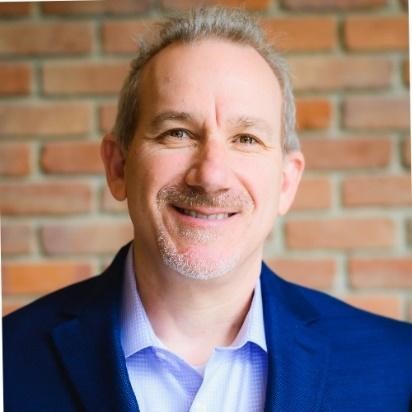Webinar: The COVID-19 pandemic is influencing consumer health behavior. Are the changes here to stay?
Improving the Patient Experience, COVID-19
Webinar: The COVID-19 pandemic is influencing consumer health behavior. Are the changes here to stay?
The COVID-19 pandemic is changing the economy, the way we work and the health system. A comparison by PwC’s Health Research Institute (HRI) of American consumer sentiment before and during the pandemic reveals that people are accessing health information in new ways. Their trust has shifted as well.
In this webcast a panel of health experts will examine insights from PwC’s recent consumer survey findings: The COVID-19 pandemic is influencing consumer health behavior. Are the changes here to stay? HRI, which surveyed 2,533 Americans between April 2 and 8, found that the delivery of care may look very different after the pandemic. HRI’s results signal that US businesses could play an even bigger role in protecting the health of their workers, that the health system likely will make more room for telehealth and other forms of virtual care, and that the American consumer may take a more active role in managing health and participating in a system that is being remade.
Agenda
● The COVID-19 pandemic is influencing consumer health behavior. Are the changes here to stay?
● Understanding the broad pandemic implications on your healthcare business: Dynamically simulate the progression of COVID-19, potential economic impact and consumer response - so that you can plan your healthcare company’s strategies and actions.
Sundar Subramanian
Health Industries Advisory Strategy Consulting and Growth Platforms Leader, PwC US 
Sundar leads the US Strategy Consulting and Growth Platforms for PwC Health Industries, and the Government Programs Center of Excellence (GCoE)
ocused on the Medicare, Medicaid, and the exchange/ACA marketplaces. He currently leads PwC US Health Industries COVID-19 efforts around predictive
modeling, dynamic and resilient strategy and recovery and re-activation for healthcare clients. He pioneers work linking analytics and AI with strategy decision
making and co-authored new thinking around dynamic and resilient strategy to manage through uncertain times.
Sierra Hawthorne
Health Industries Advisory Director, PwC 
Sierra brings experience in artificial intelligence applied to the field of public health. Her clients have included national health insurers, integrated delivery networks,
charitable foundations and local government. Sierra has supported these clients through analytics strategy, digital strategy, consumer experience design,
and community health investment portfolio planning.
Benjamin Isgur
Health Research Institute Leader, PwC 
Ben leads PwC's Health Research Institute. In this role, he oversees thought leadership and research initiatives for the firm and clients.
He also consults with healthcare systems, trade associations, and policy groups on strategic planning, and industry intelligence and trends.
Ben is a published writer and his research is often cited by health leaders across the industry. In addition, he frequently speaks on a range of topics,
including physician-hospital alignment, government policy, medical cost trends, consumerism, academic medicine and digital health.

Sarah Haflett
Health Research Institute Director, PwC
Sarah is a Director at PwC's Health Research Institute (HRI) where she leads the development of thought leadership and research initiatives in the provider sector,
with a particular focus on care delivery innovation and health information technology. Prior to joining HRI in 2010, she worked as a PwC consultant for seven years, advising healthcare provider
clients on growth and integration strategies and operations improvement.
Sarah has worked in a variety of healthcare settings, including academic medical centers, health systems, community hospitals, and large physician practices.

